Science News: Recent scientific discoveries and expert analysis
Read the latest science news and recent scientific discoveries on Live Science, where we've been reporting on groundbreaking advances for over 20 years. Our expert editors, writers and contributors are ready to guide you through today's most important breakthroughs in science with expert analysis, in-depth explainers and interesting articles, covering everything from space, technology, health, animals, planet Earth, and much more.
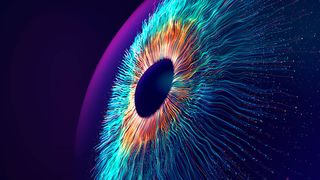
Explainers | Everything you need to know about the science news that matters.
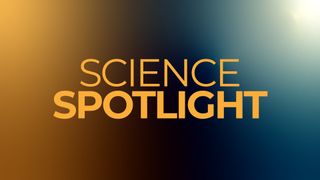
Science Spotlight | Shining a light on new science transforming our world.
Latest news

Nvidia's mini desktop supercomputer gets launch window
By Alan Bradley published
The new DGX machines are portable but powerful enough to drive complex AI modules and research, with processing capabilities previously only available in data centers.

Stunning reconstruction reveals warrior from ancient Siberia
By Tom Metcalfe published
A new full-body reconstruction depicts a warrior wearing armor and holding weapons, all of which were found in a 4,000-year-old burial in Siberia.

How public key cryptography really works, using only simple math
By John Pavlus published
The security system that underlies the internet makes use of a curious fact: You can broadcast part of your encryption to make your information much more secure.
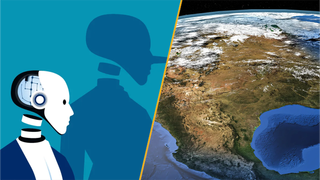
AI lies, 'dripping' North America and more.
By Pandora Dewan published
Science news this week April 5, 2025: Our weekly roundup of the latest science in the news, as well as a few fascinating articles to keep you entertained over the weekend.
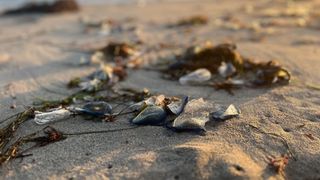
Thousands of strange, blobby creatures are washing up on California beaches
By Skyler Ware published
What are the blue blobs washing up on California beaches? What to know about these strange sea creatures.
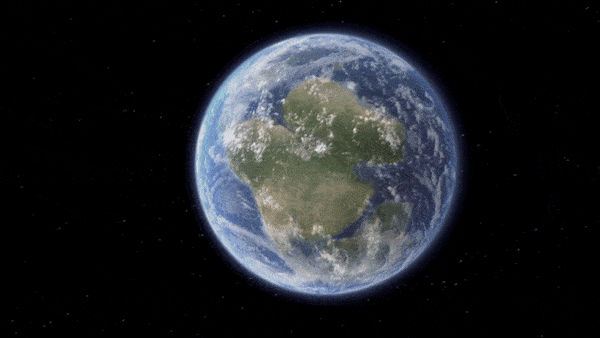
Massive magma eruptions may have ripped Africa and South America apart
By Stephanie Pappas published
Huge outpourings of magma accompanied the split between South America and Africa 135 million years ago.
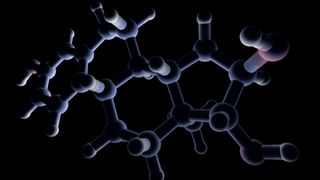
Estrogen may spur the body to make opioids after injury
By Nicoletta Lanese published
The female sex hormone estrogen, along with progesterone, appears to underlie a fundamental difference in how males and females process pain, a mouse study finds.
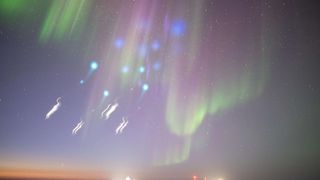
NASA launches rockets into auroras, creating breathtaking lights in Alaskan skies (photos)
By Samantha Mathewson published
The sounding rockets released vapor tracers and pressure sensors at different altitudes across central and northern Alaska during a sudden auroral substorm.
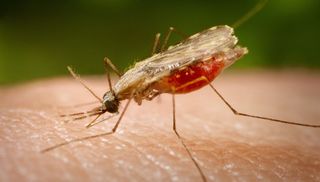
Drug makes blood toxic to malaria-spreading mosquitoes
By Emily Cooke published
Nitisinone, a drug that is already used to treat two genetic diseases, could be repurposed to control the spread of malaria, according to new research.

Mass grave of Roman-era soldiers discovered beneath soccer field in Vienna
By Tom Metcalfe published
Roman dead were often cremated, so the ancient mass grave in Vienna is a rare find.
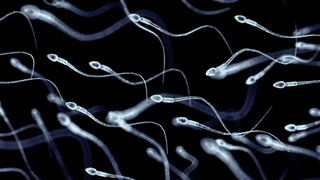
Man gets sperm-making stem cell transplant in first-of-its-kind procedure
By Clarissa Brincat published
A man in his early 20s received a transplant of his own sperm-producing stem cells, which had been frozen since his childhood, in an attempt to regain fertility. Doctors are waiting to see if the treatment works.
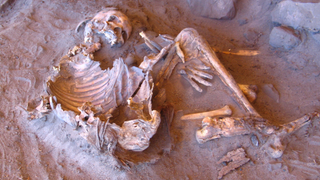
Unknown human lineage lived in 'Green Sahara' 7,000 years ago, ancient DNA reveals
By Skyler Ware published
Researchers analyzed the ancient DNA of two mummies from what is now Libya to learn about people who lived in the "Green Sahara" 7,000 years ago.

NASA signs new contract to use SpaceX's Starship — even though it keeps blowing up
By Harry Baker published
SpaceX's Starship has been awarded a NASA contract that will allow it to be considered for future missions. However, recent explosive tests have shown the supersized spacecraft is still far from mission-ready.
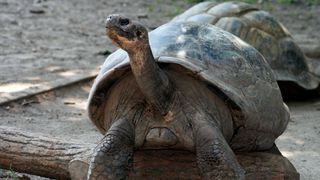
Giant tortoise becomes first-time mom at about 100 years old
By Patrick Pester published
A roughly 100-year-old western Santa Cruz Galápagos tortoise has become a mom for the first time after reproducing with a male of the same age at Philadelphia Zoo.

'Major disruption' has caused Arctic polar vortex to slide off North Pole, scientists say
By Sascha Pare published
A sudden stratospheric warming event reversed the winds that make up the northern polar vortex on March 9. A new animation shows the vortex also moved away from the Arctic towards Europe.

Rainbow Mountains: China's psychedelic landscape created when 2 tectonic plates collided
By Sascha Pare published
The colorful swirls and stripes that characterize China's Rainbow Mountains would have remained hidden without the epic tectonic collision that created the Himalayas.
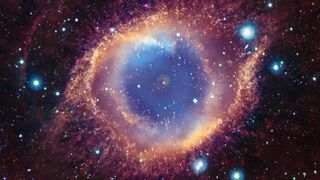
Jaw-dropping NASA image reveals a dying star at the heart of the Helix Nebula — and it may have just murdered a planet
By Stephanie Pappas published
A new view of the Helix Nebula reveals a dying white dwarf star at the nebula's center. This star's violent eating habits could be responsible for strange X-ray emissions in the region.
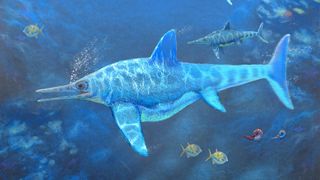
'Twins! She has another baby': Sea monster from Chile had 2 buns in the oven, rare fossil reveals
By Soumya Sagar published
An ichthyosaur was pregnant with twins when she died, a fossil from Cretaceous Chile reveals.
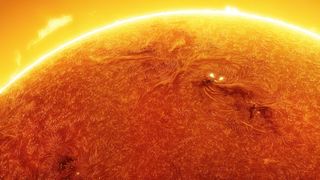
Has the sun already passed solar maximum?
By Ryan French published
Has the sun already reached solar maximum? New data suggests Solar Cycle 25 may have peaked earlier than expected. Find out what this means.

The brain may 'move' between related ideas in the same way it navigates from one location to another
By Skyler Ware published
Using a mathematical model, scientists explored how the human brain might represent information about physical spaces and about people, places and things. Turns out, it may process both in a similar way.
Sign up for the Live Science daily newsletter now
Get the world’s most fascinating discoveries delivered straight to your inbox.

